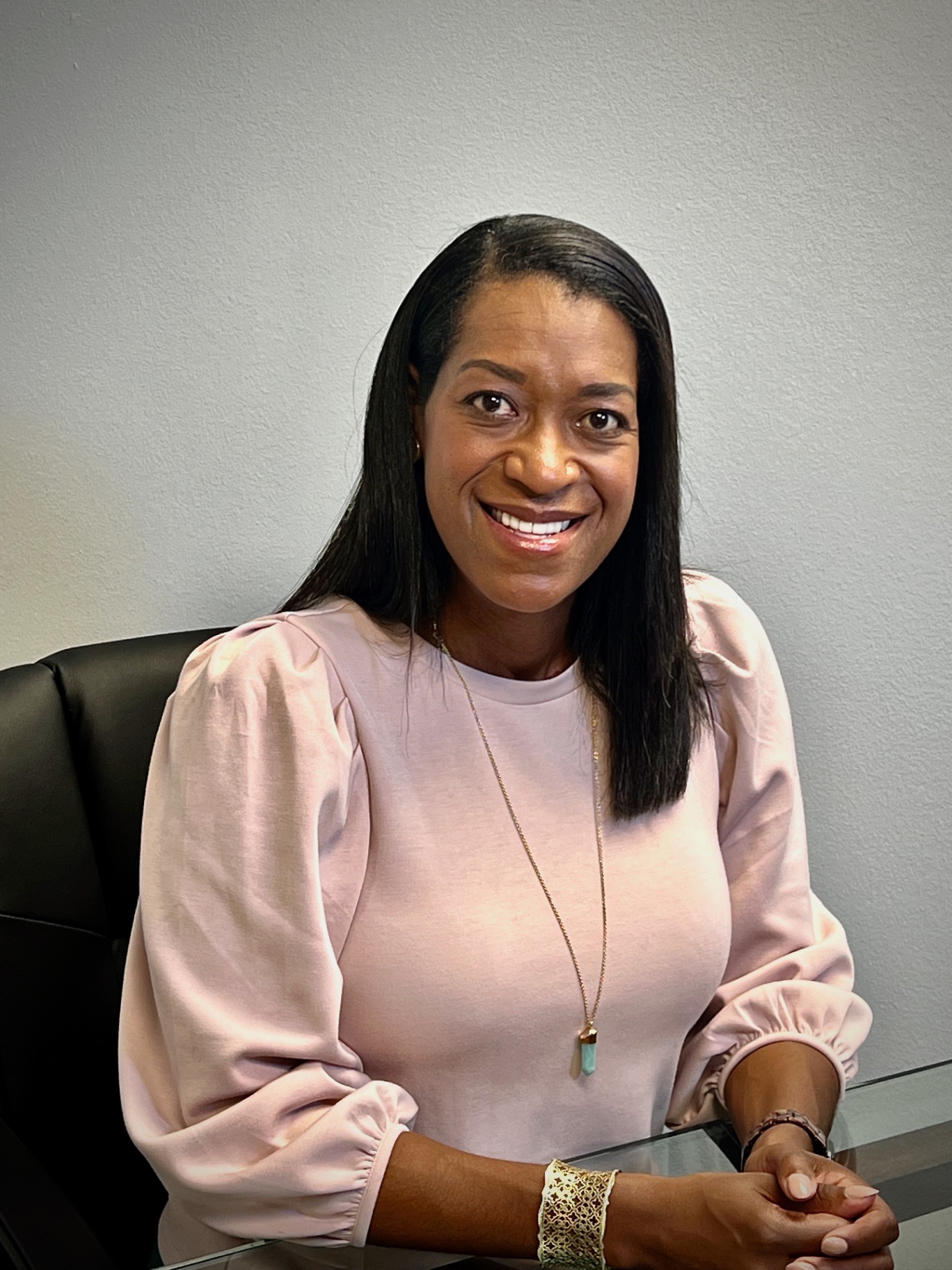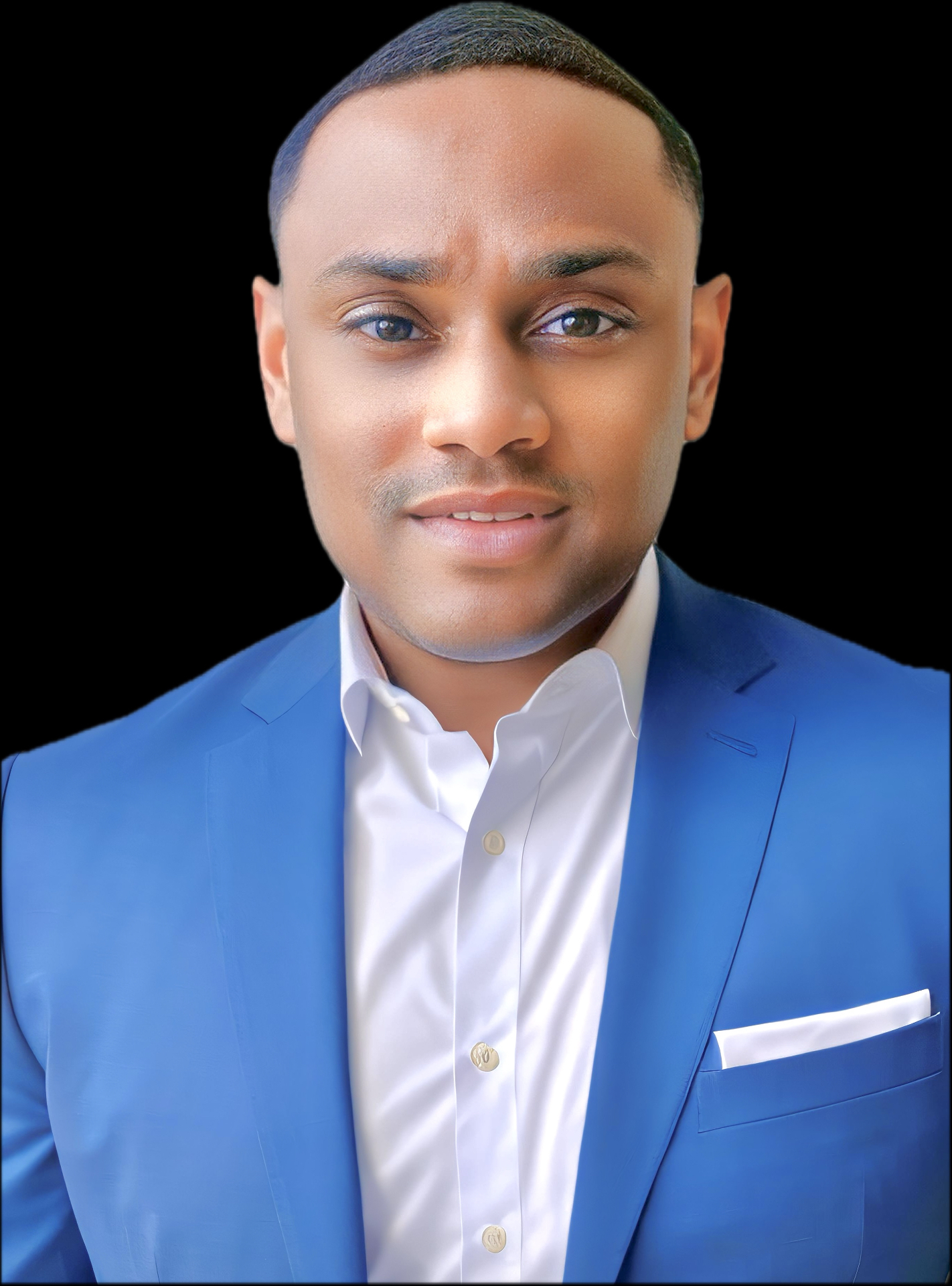Black History Month: Supporting Mental Health In The Black Community
As we end Black History Month, it is a fitting time to acknowledge and celebrate the achievements, contributions, and rich history of Black individuals and the Black community.
The Black community has made such a significant impact in various fields, including arts, sciences, politics, social justice, but specifically, mental health. This month helps create awareness, understanding, and appreciation for the diverse narratives that have shaped history.
In a world often fraught with barriers and stigmas, fostering open dialogues and providing support emerges as a powerful antidote. By engaging in genuine conversations and extending a supportive hand, we not only dismantle the walls that divide us but also create an environment where everyone feels seen and heard. This collective effort to break down barriers doesn’t just stop at societal divides; it extends to the realms of mental health, culture, and beyond. Embracing a deeper understanding of each other’s experiences allows us to acknowledge every facet of our history and well-being. Through this process, we move towards a more inclusive and compassionate society, where diversity is celebrated, and individuals feel empowered to embrace their authentic selves. We can collectively break down barriers and stigmas.
Black History Month serves as an invaluable opportunity not only to celebrate the rich heritage and contributions of the Black community but also to delve into the complex layers of its mental health landscape. Within this context, therapy emerges as a crucial avenue for individuals to confront and navigate the historical traumas, systemic injustices, and personal struggles that can profoundly impact mental well-being. By providing a safe and supportive space, therapy allows individuals to unpack the weight of intergenerational trauma and societal pressures while honoring the unwavering strength and resilience inherent in Black culture. Addressing these unique variables within the therapeutic setting fosters a holistic approach to mental health, one that prioritizes healing, empowerment, and the cultivation of self-awareness. Let us not only celebrate achievements but also commit to understanding and addressing the mental health challenges faced by the Black community, paving the way for collective healing and progress.
In honor of Black History Month, we’re spotlighting the invaluable contributions of African American therapists here at Fowler and Tidwell Counseling, amplifying their voices and expertise in promoting mental well-being within the Black community.

“Recognizing and prioritizing mental health in the Black community isn’t just about self-care; it’s about breaking the chains of generational trauma and empowering our resilience to create a future of wellness and strength. During Black History Month, Fowler and Tidwell Counseling wants to highlight the importance of counseling and all mental health treatment options to ensure our community not only thrives, but becomes an example of how one can go from trials to triumphs and turn pain into purpose.”
-Jenai Tidwell, MA, LPC-S
Click here to learn more about: Jenai Tidwell, MA, LPC-S

“As an African American therapist, I am deeply committed to enhancing access to mental health services for African American individuals and families. The stigma surrounding mental health in our community can often deter people from seeking the help they need. It’s crucial we break down these barriers, providing a safe, compassionate space for healing and growth. By offering culturally sensitive and empowering therapy, we can confront these challenges together, promoting understanding and wellness. Let’s prioritize mental health and create a supportive environment for everyone.”
-Antonio Wilson, LPC – Associate, LCDC Intern
Click here to learn more about: Antonio Wilson, LPC – Associate, LCDC Intern

“Mental health is extremely important in the African American community. Historically, we’ve endured psychological stressors and systemic barriers at an alarming rate than other races. We need and deserve the space to process these emotions. There’s also an increasing need for African American therapists, which is why being a therapist is SO IMPORTANT to me. I am determined to be the change we desperately need in our community.”
-Raven Pigee, M.Ed., LPC – Associate
Click here to learn more about: Raven Pigee, M.Ed., LPC – Associate
Read our blog about a holistic way to improve your sleep!

